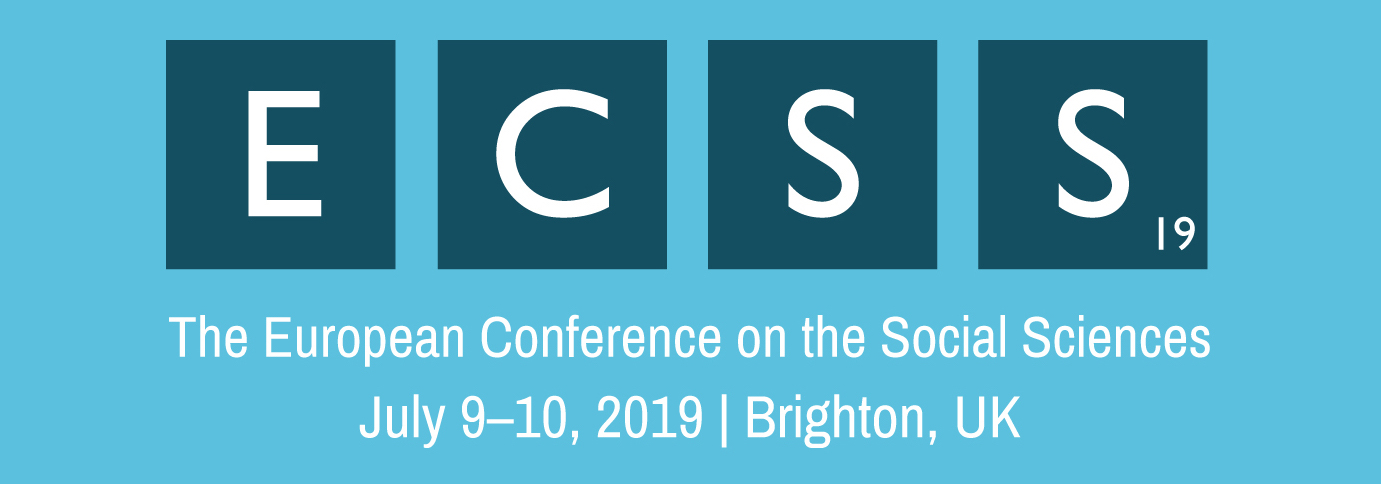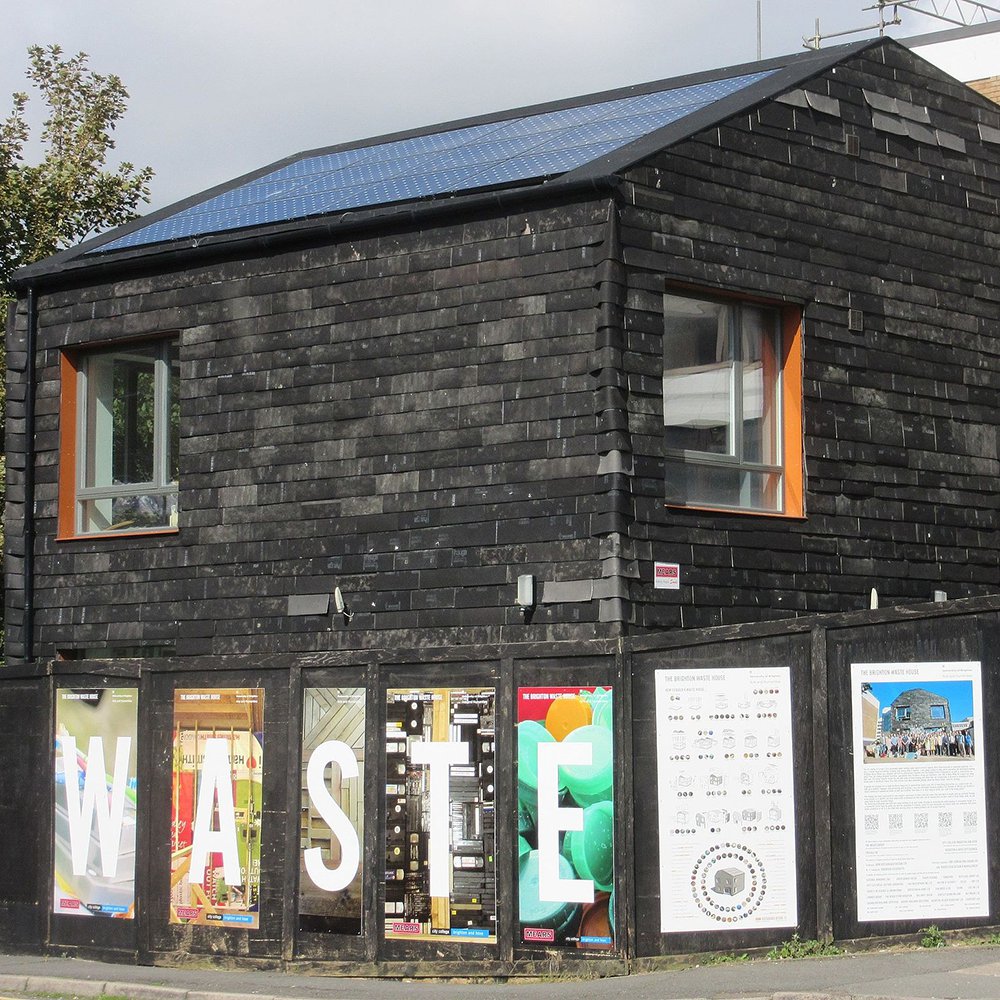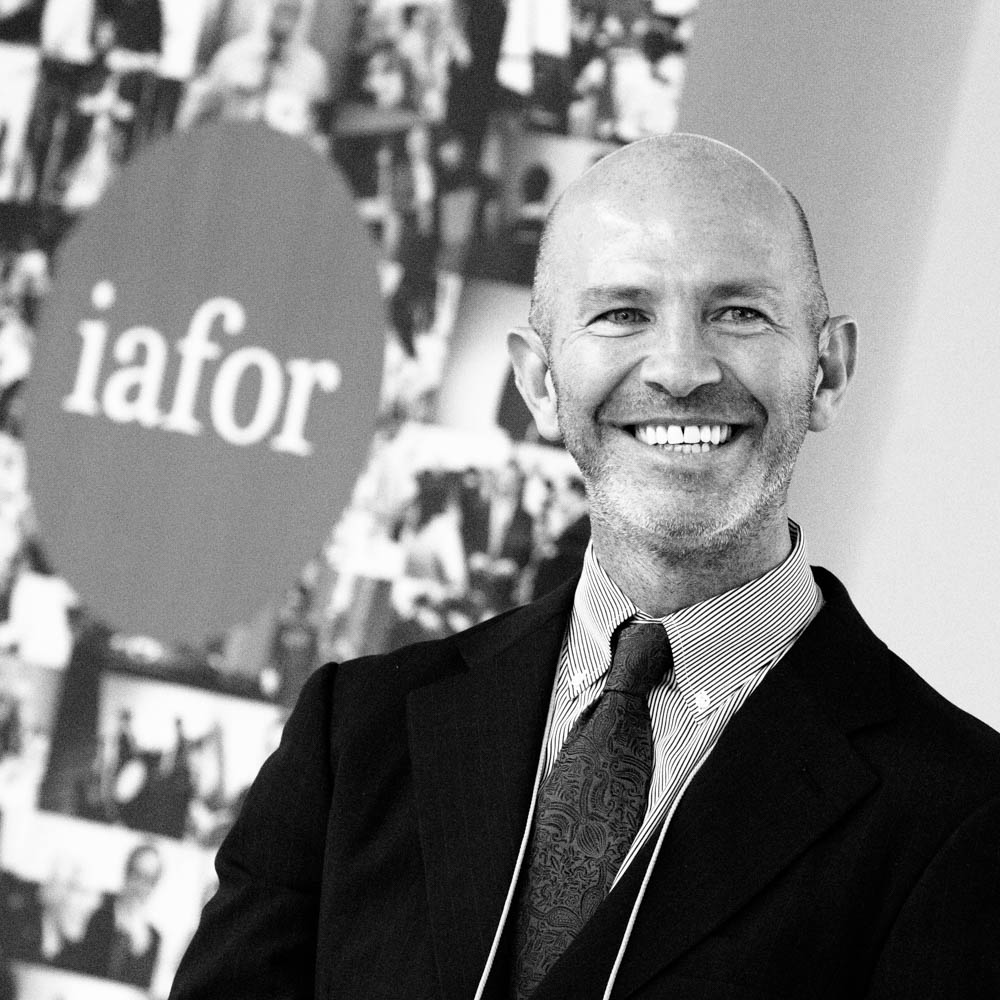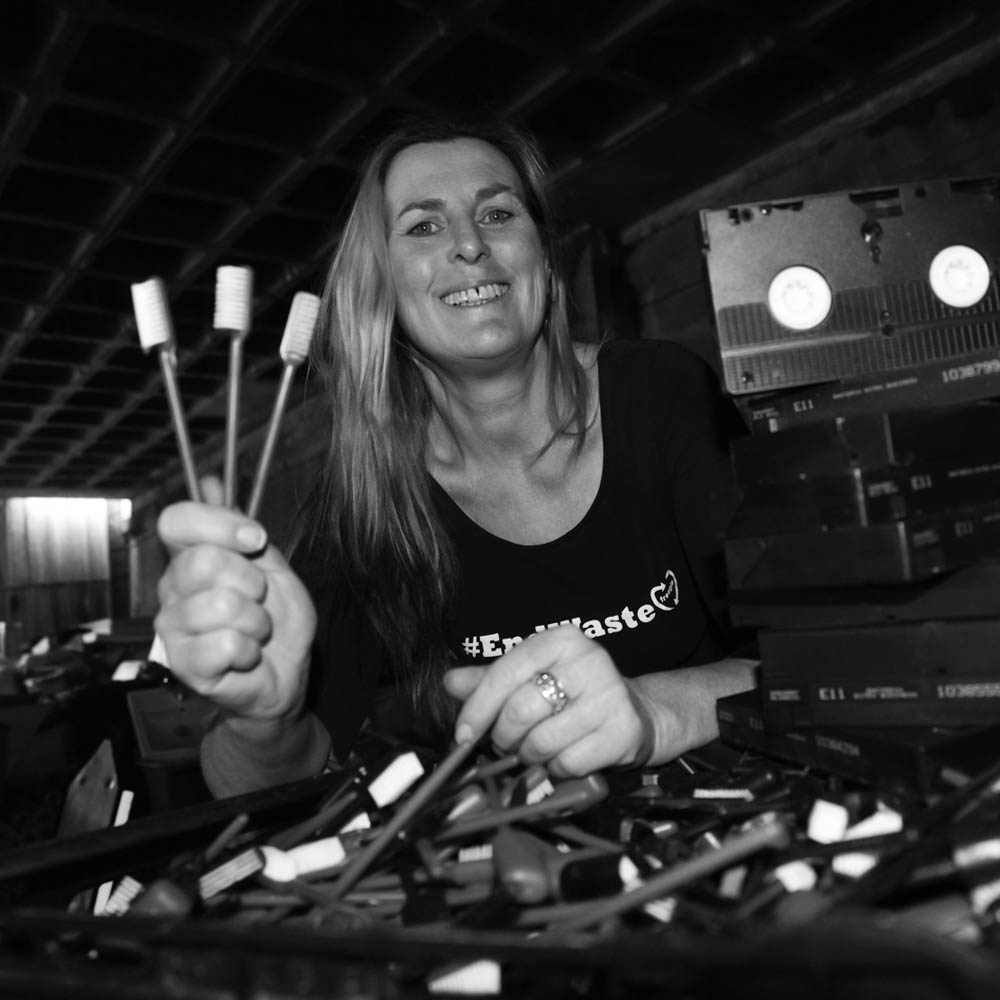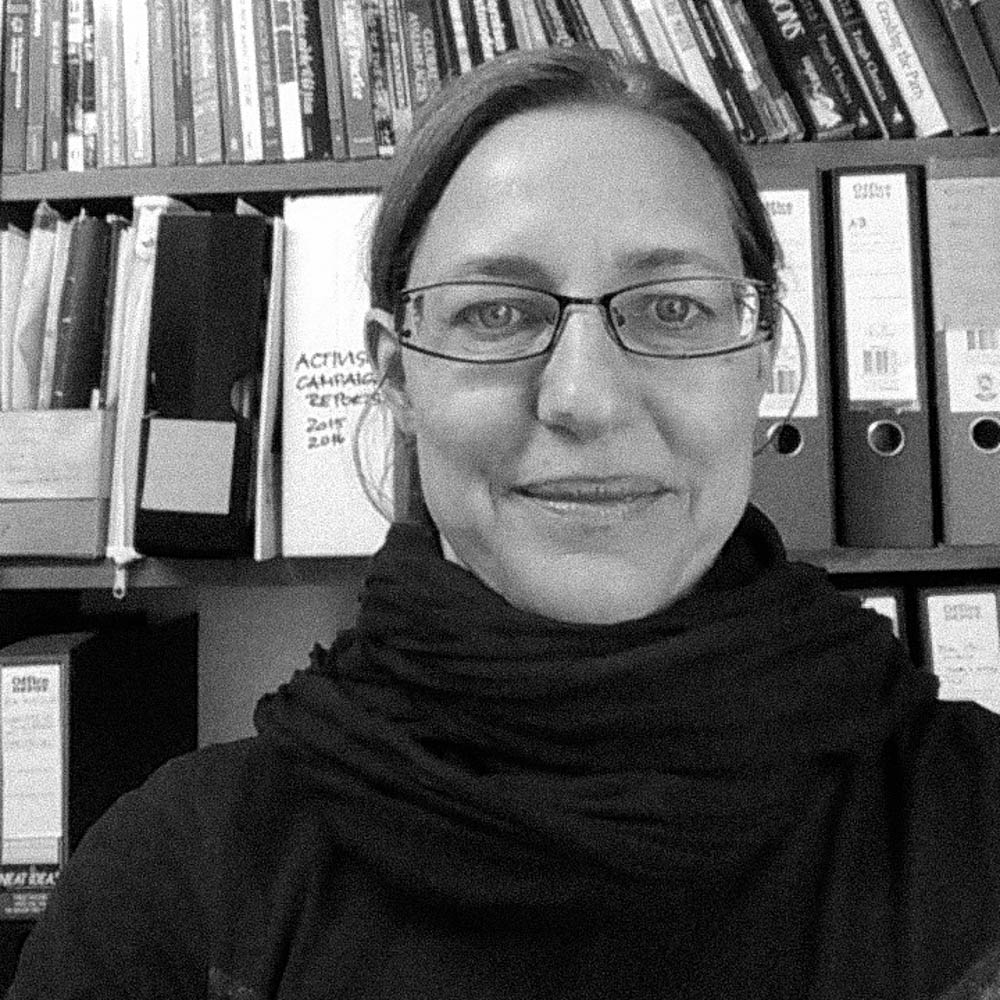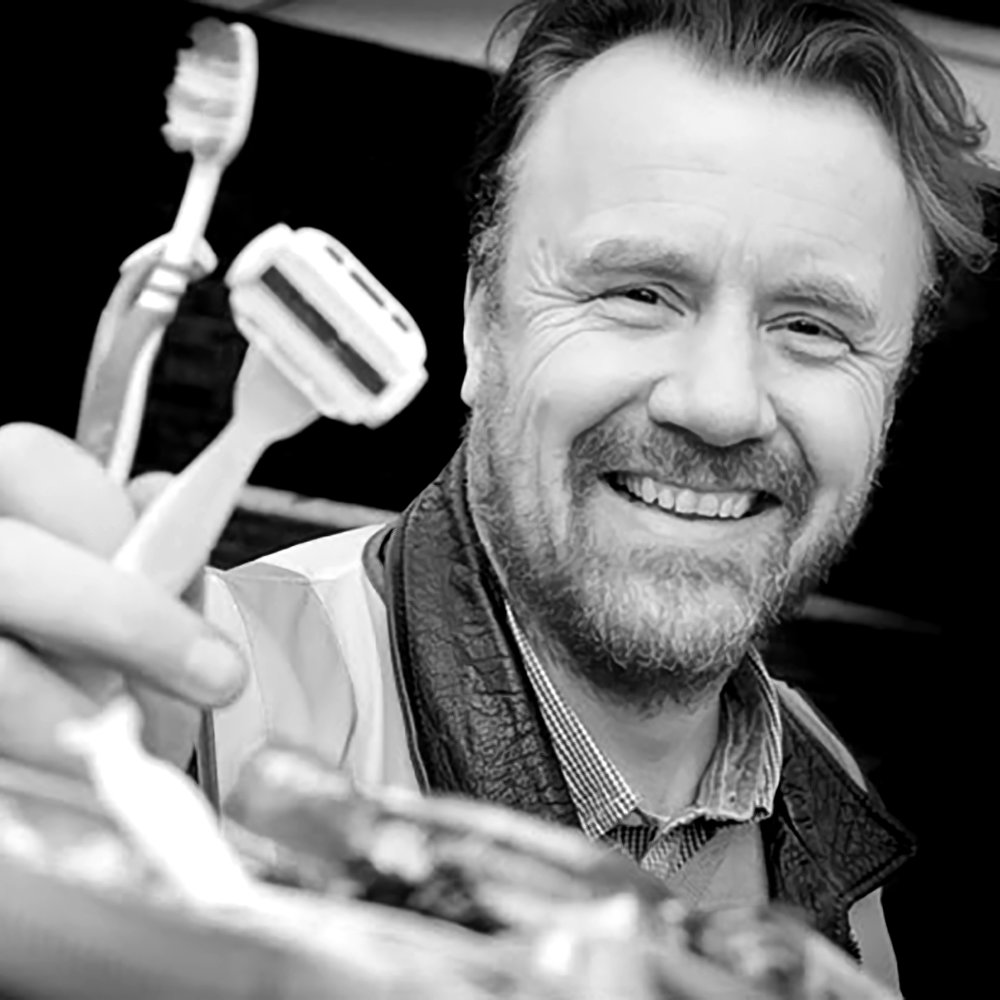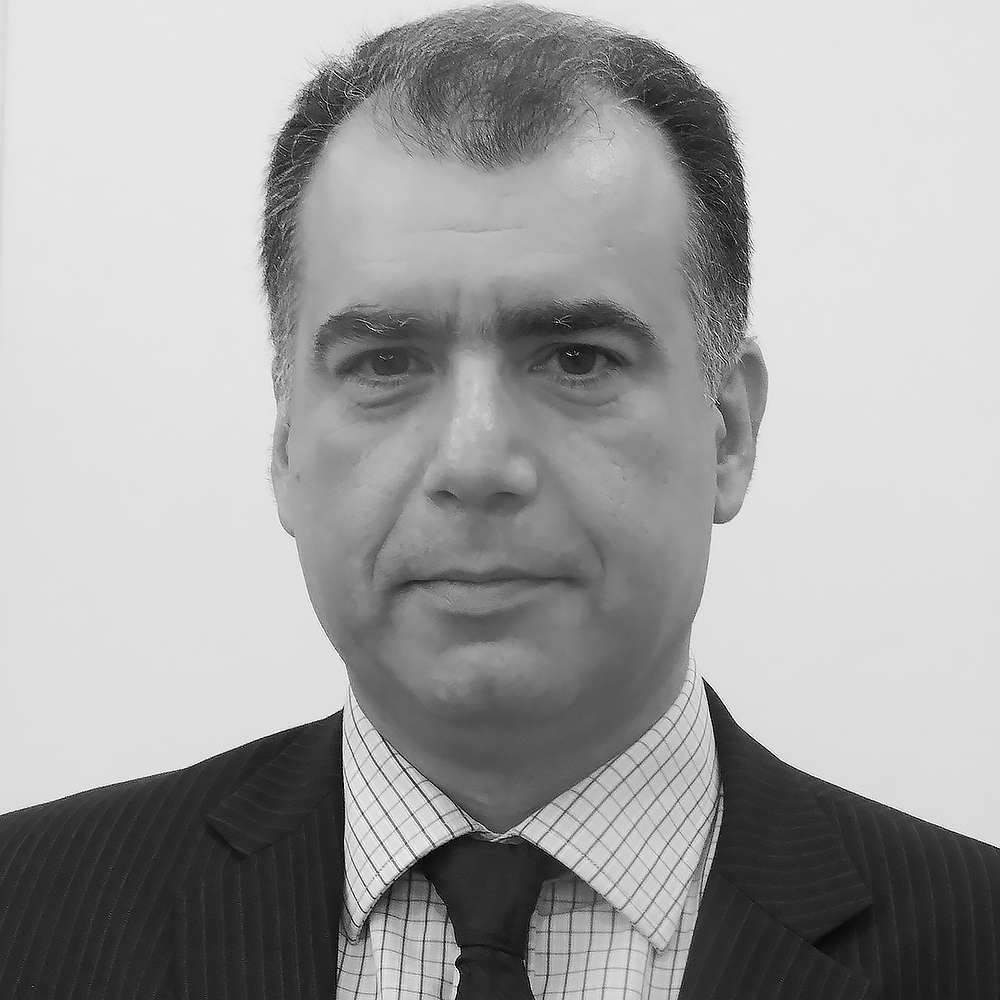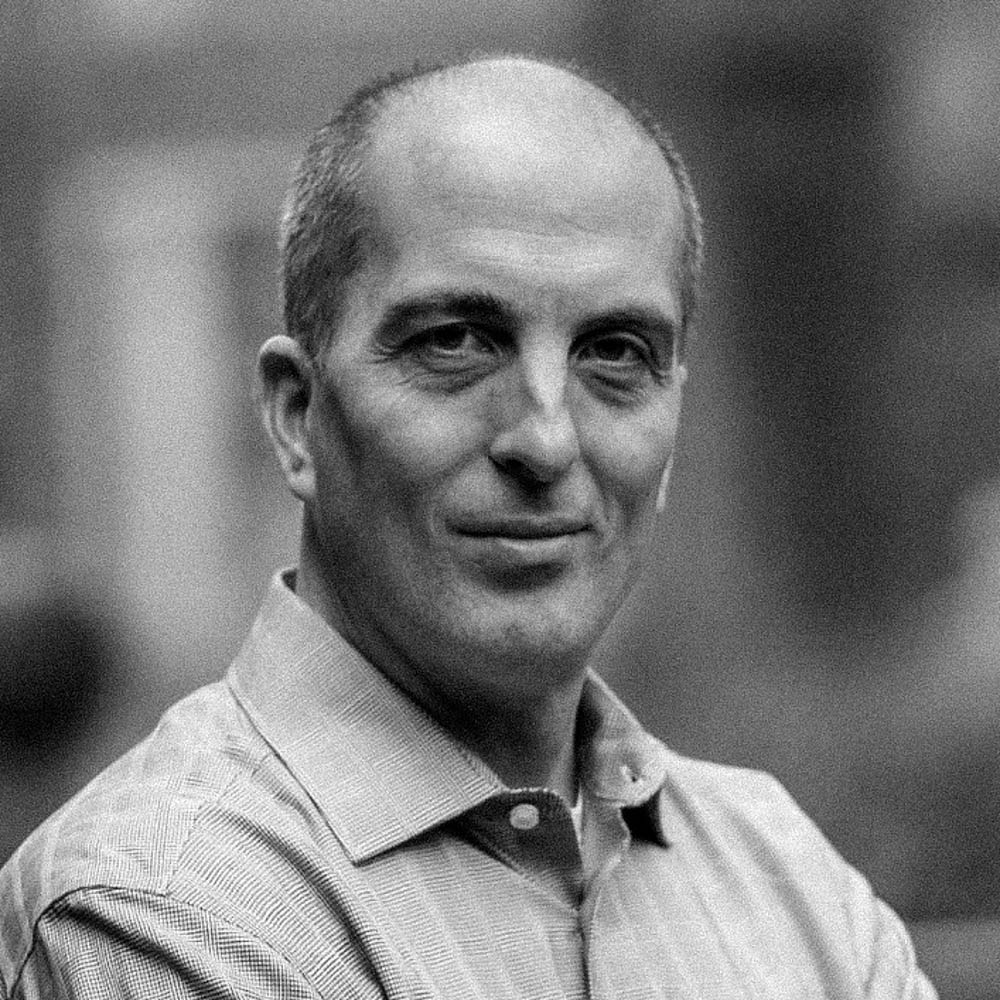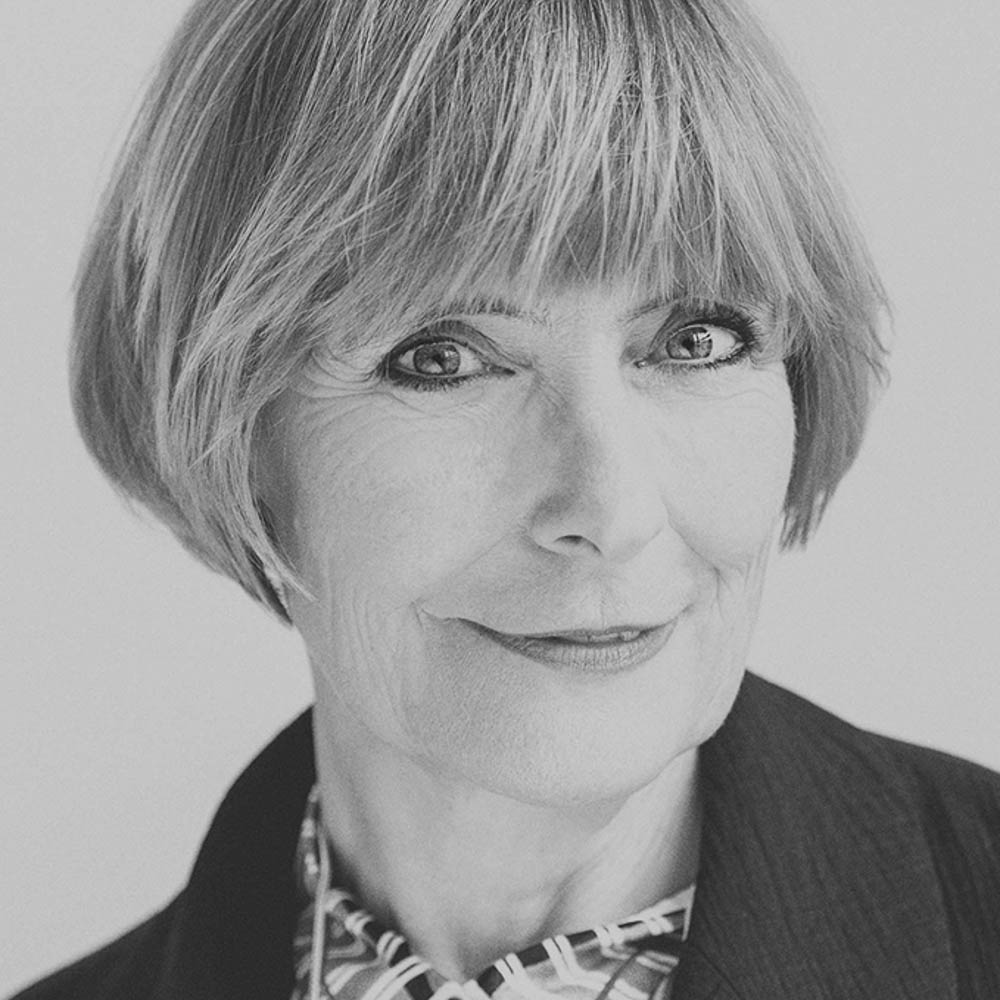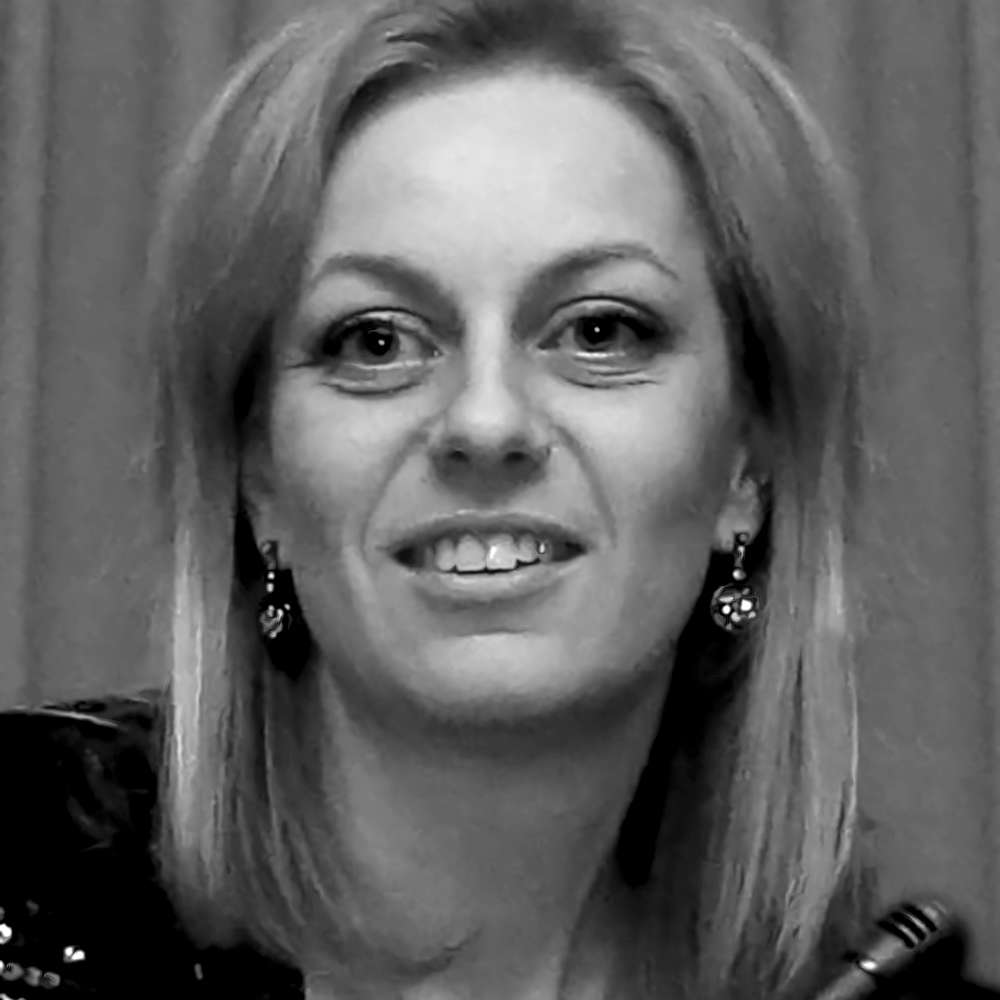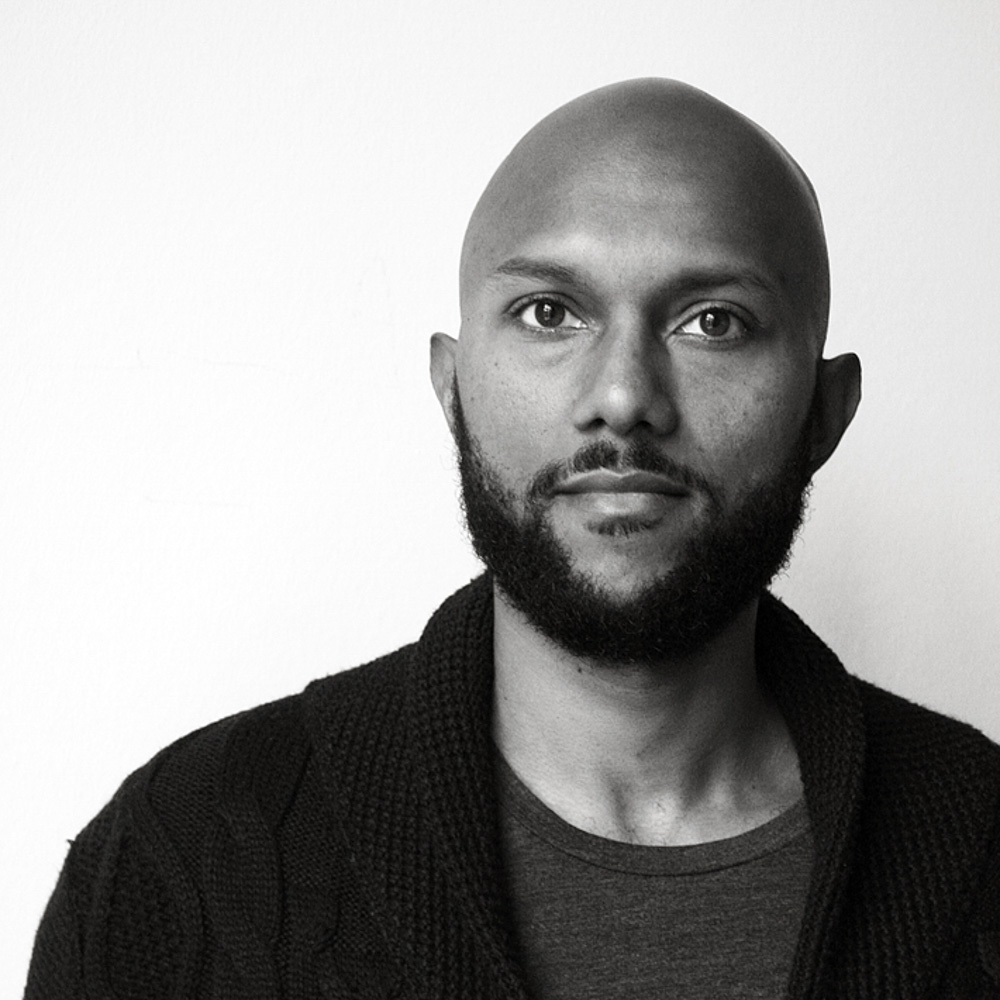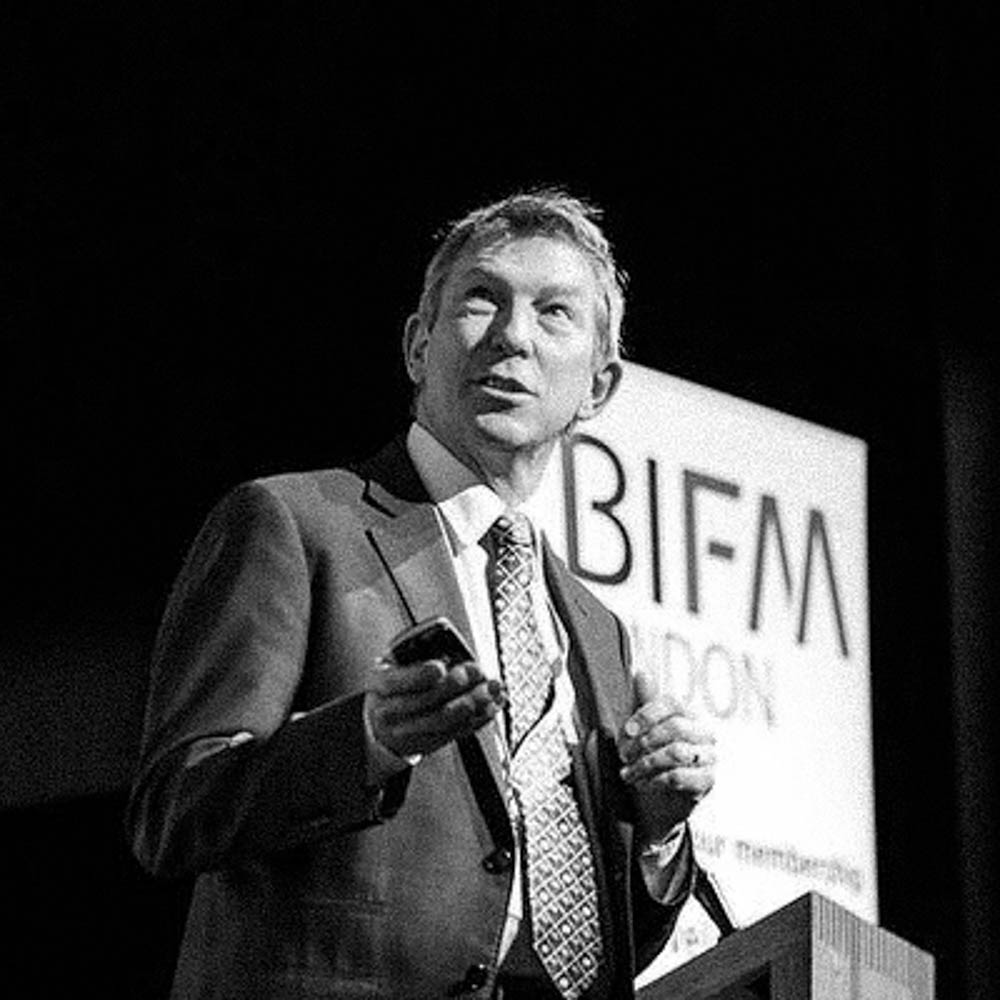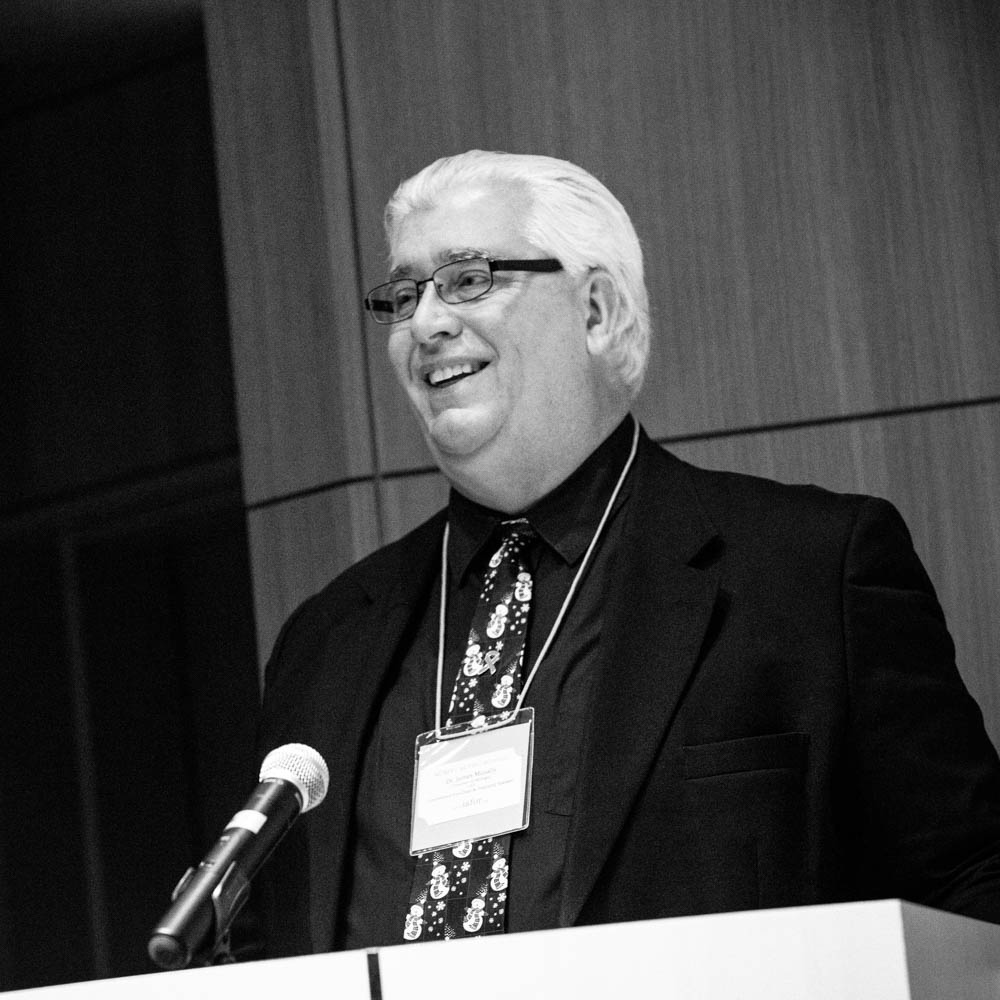- Conference Theme
- Conference Photographs
- Programme
- Speakers
- Organising Committee
- Review Committee
- Conference Proceedings
- Abstracts
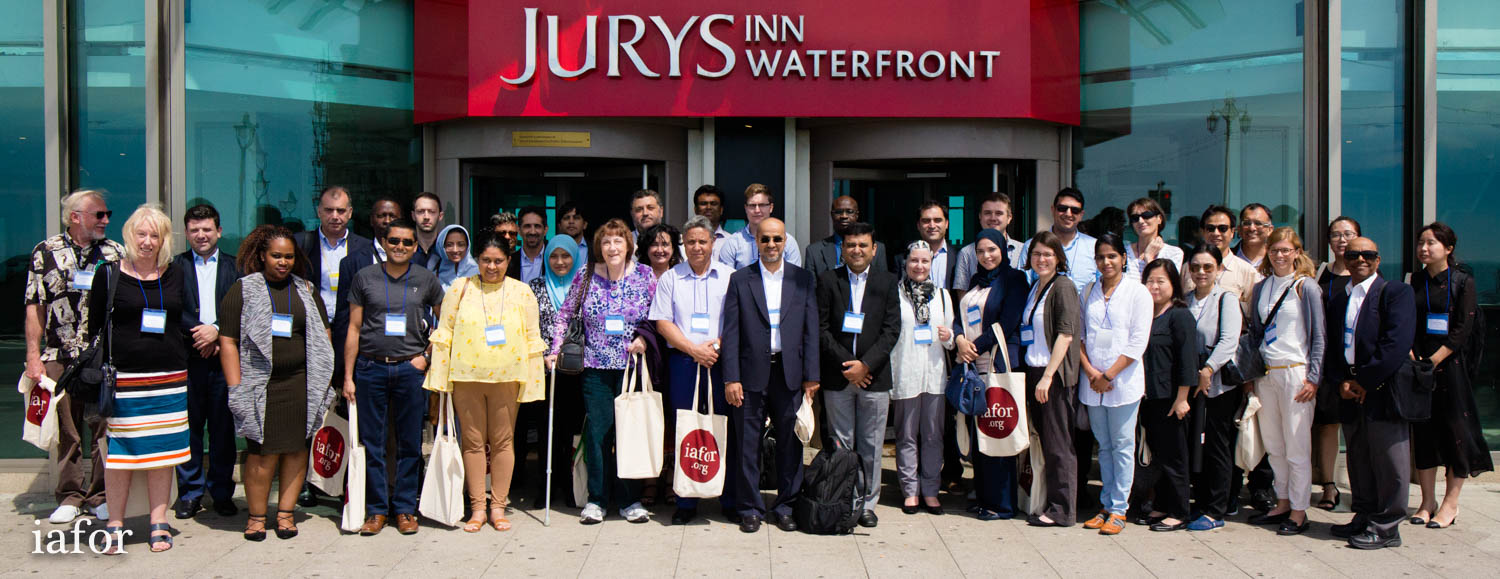
The European Conference on the Social Sciences 2017 (ECSS2017) Conference Photograph. Photography by IAFOR Media. Image copyright © IAFOR 2017
Conference Theme: "East Meets West: Innovation and Discovery"
July 7–9, 2017 | The Jurys Inn Brighton Waterfront, Brighton, UK
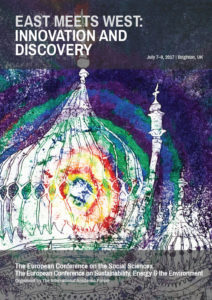 Whether we are looking at why we must change, or how education has changed or even how education will change, change affects all of us involved in language education in many ways. Administrators, teacher trainers, teachers, students: we all wear many hats and we all come face-to-face with change, sometimes on a daily basis. Positive change is about improvement: improving proficiency, improving lives, helping learners achieve their goals and dreams and ultimately, broadening horizons.
Whether we are looking at why we must change, or how education has changed or even how education will change, change affects all of us involved in language education in many ways. Administrators, teacher trainers, teachers, students: we all wear many hats and we all come face-to-face with change, sometimes on a daily basis. Positive change is about improvement: improving proficiency, improving lives, helping learners achieve their goals and dreams and ultimately, broadening horizons.
In our work as educators we are often asked to effect change – that we are change-makers can be seen in the new curriculums, new material, and even new techniques or methods that we develop. For those of us who conduct research, our research is often focused on finding “better” or more effective ways of teaching often measured in outcomes such as students entered with an average of X and improved to an average of Y. In such a case, improvement = change! But change is also an area of research as can be seen by looking at journals such as the Journal of Educational Change, Changes in Higher Education, Culture and Change, and Educational Research for Social Change, to mention four. It is a serious area of study, and one worth our attention.
The focus of the last journal mentioned above is worth looking at. Change is not only about test scores or proficiency going up. It is also about lasting change in one’s life, life choices, and looking beyond us as individuals to the society we live in. Social change and a focus on improving the societies we live in is another outcome of education. In recent years, there has been a focus on language and identity, as well as an embrace of sociocultural theory and language development.
At the same time change for the sake of change is not a good reason for change. There is often a tension between the status quo (which is not always bad) and the desire to change. As invested members of our field, we need to be able to examine change, identifying and applying that which is appropriate and will further our goals while also having the wisdom and gumption to reject change that does not make sense. As Dewey said, “Reforms which rest simply upon the enactment of law, or the threatening of certain penalties, or upon changes in mechanical or outward arrangements are transitory and futile.”
ECSS2017 Conference Photographs
Human interaction is at the root of all knowledge creation, and hence the great importance of the conference in introducing, testing and spreading ideas through challenging, rigorous and thought provoking discussion and debate. But beyond that, a conference is also a great chance to meet people from around the world, and to extend and grow ones’s professional network, and above all, to make friends.
It may be impossible to tell the story of the conference, or rather the many hundreds of interlocking stories that go to make up the conference, but the documentary photography in this slideshow aims to give a taster of the more serious academic side of the event, as well as the lighter side…
[envira-album slug="ecss2017-conference-photographs"]Programme
-
 East Meets West: Innovation and Discovery in Education Reform at an Elite Japanese UniversityFeatured Presentation: Grant Black
East Meets West: Innovation and Discovery in Education Reform at an Elite Japanese UniversityFeatured Presentation: Grant Black -
 Links Between Oral and General Health: Putting the Mouth Back in the BodyKeynote Presentation: Georgios Tsakos
Links Between Oral and General Health: Putting the Mouth Back in the BodyKeynote Presentation: Georgios Tsakos -
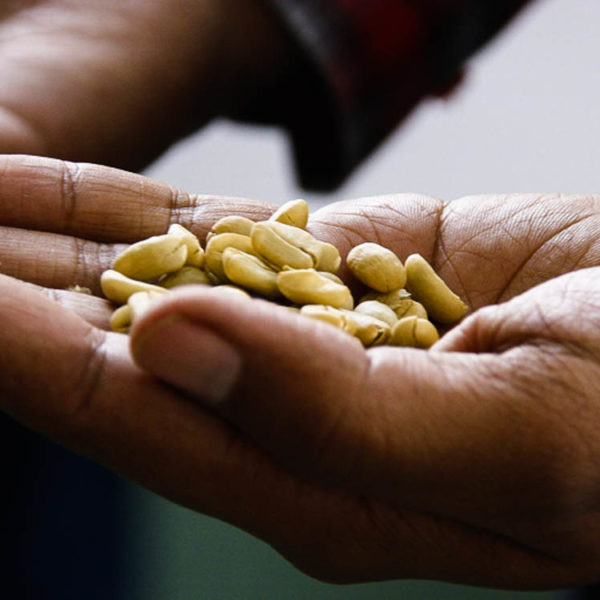 Inclusive Innovation in International Development: The Case of the UK’s Department for International Development (DFID)Keynote Presentation: Anke Schwittay
Inclusive Innovation in International Development: The Case of the UK’s Department for International Development (DFID)Keynote Presentation: Anke Schwittay -
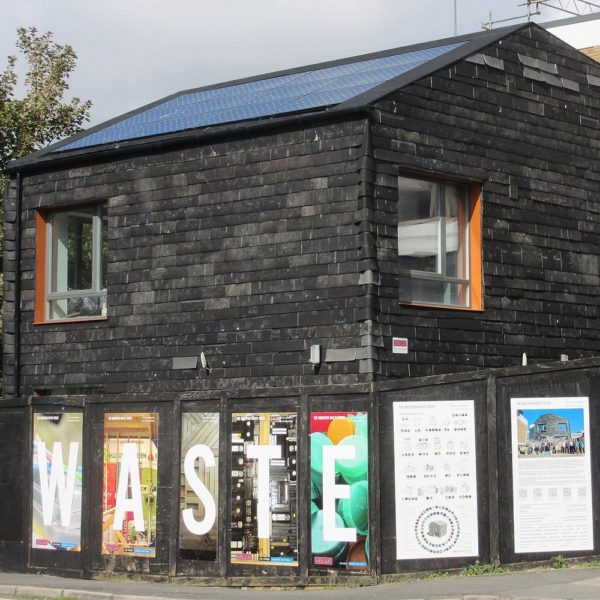 Sustaining the CityPlenary Panel Presentation: Duncan Baker-Brown, Anne Boddington & Cat Fletcher
Sustaining the CityPlenary Panel Presentation: Duncan Baker-Brown, Anne Boddington & Cat Fletcher -
 Volunteer Tourism and the Creation of “Volunteerscapes” in ThailandSpotlight Presentation: Nick Kontogeorgopoulos
Volunteer Tourism and the Creation of “Volunteerscapes” in ThailandSpotlight Presentation: Nick Kontogeorgopoulos -
 East Meets West – Healthy, Active and Beautiful Aging in EuropeFeatured Panel Presentation: Evangelia Chrysikou
East Meets West – Healthy, Active and Beautiful Aging in EuropeFeatured Panel Presentation: Evangelia Chrysikou
Speakers
-
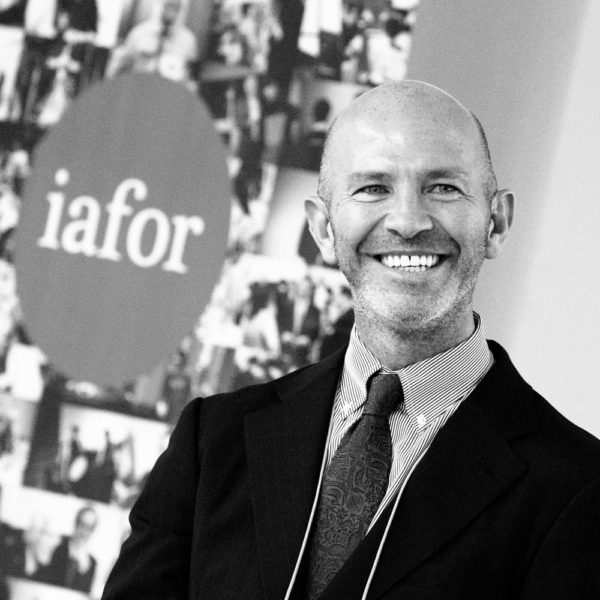 Grant BlackUniversity of Tsukuba, Japan
Grant BlackUniversity of Tsukuba, Japan -
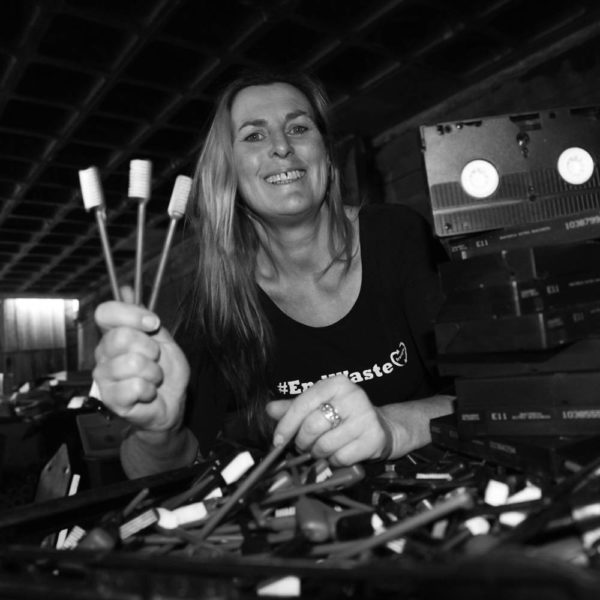 Cat FletcherFreegle, UK
Cat FletcherFreegle, UK -
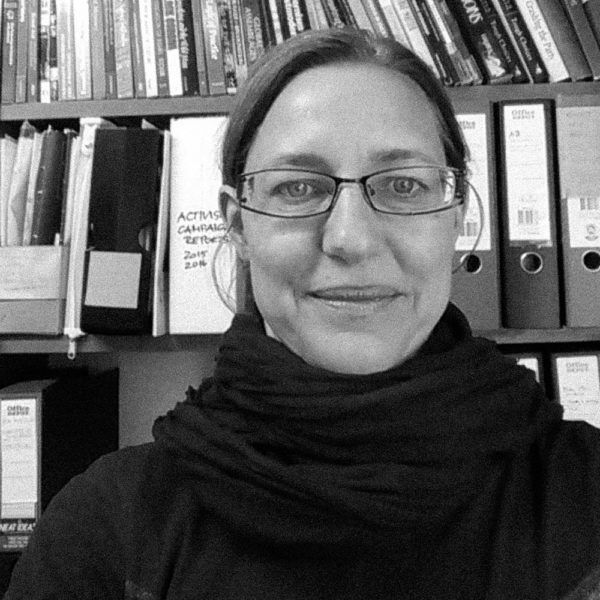 Anke SchwittayUniversity of Sussex, UK
Anke SchwittayUniversity of Sussex, UK -
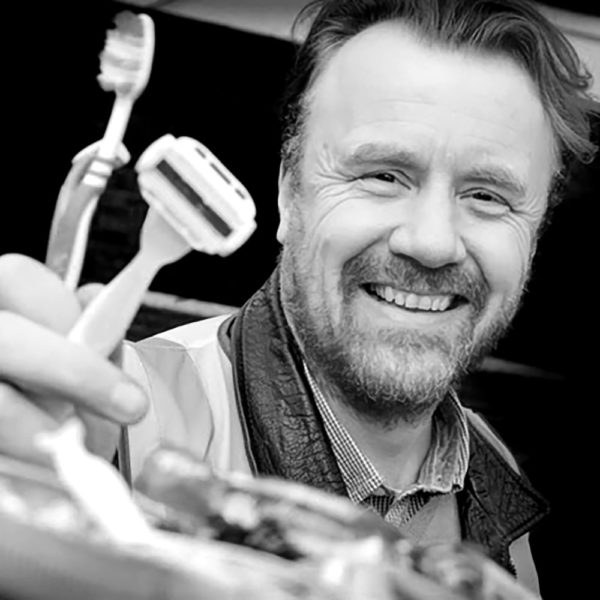 Duncan Baker-BrownUniversity of Brighton, UK
Duncan Baker-BrownUniversity of Brighton, UK -
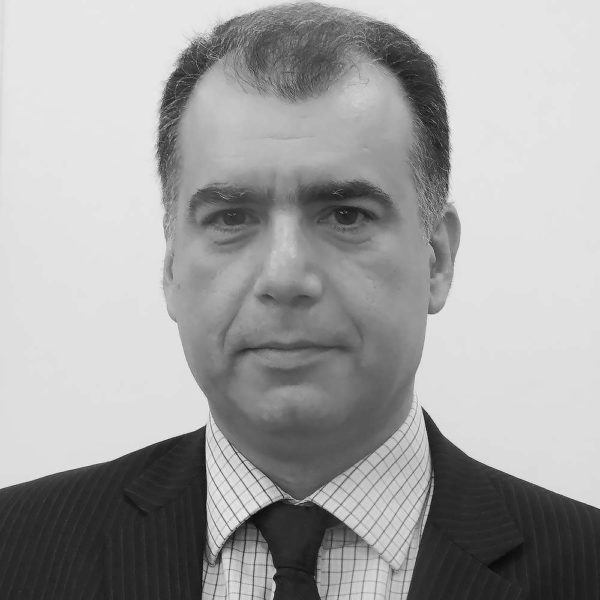 Georgios TsakosUniversity College London, UK
Georgios TsakosUniversity College London, UK -
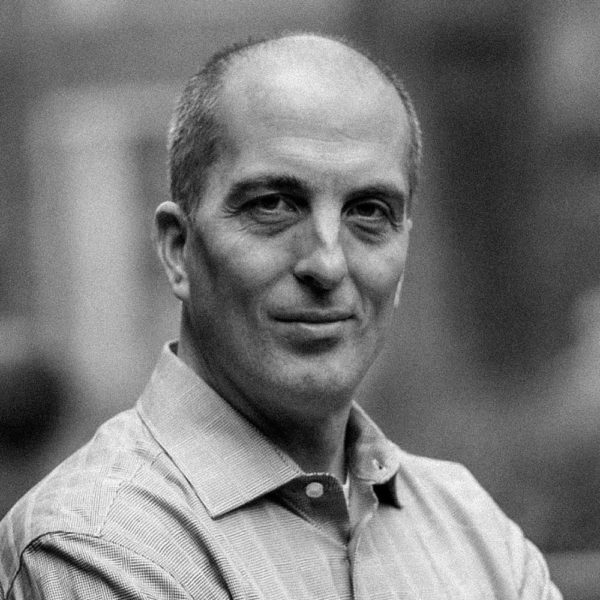 Nick KontogeorgopoulosUniversity of Puget Sound, USA
Nick KontogeorgopoulosUniversity of Puget Sound, USA -
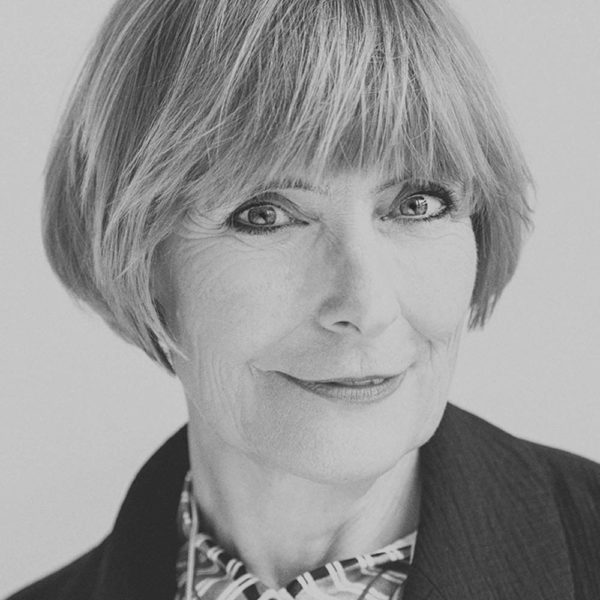 Anne BoddingtonUniversity of Brighton, UK
Anne BoddingtonUniversity of Brighton, UK -
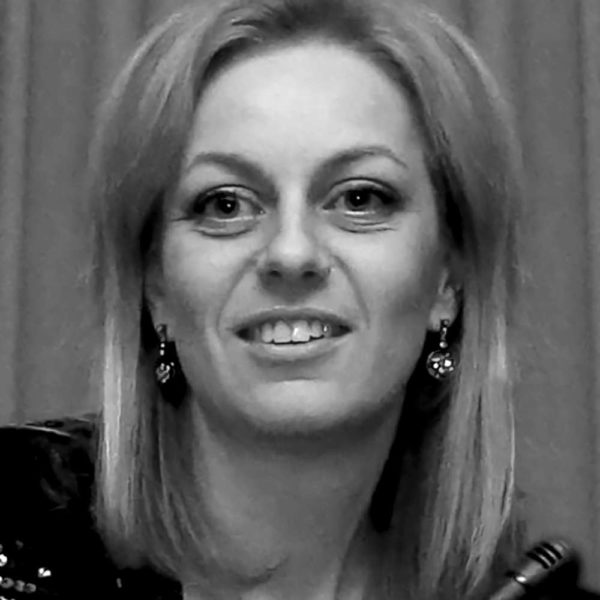 Evangelia ChrysikouUniversity College London, UK
Evangelia ChrysikouUniversity College London, UK -
 Joseph HaldaneThe International Academic Forum (IAFOR), Japan
Joseph HaldaneThe International Academic Forum (IAFOR), Japan
Organising Committee
The Conference Programme Committee is composed of distinguished academics who are experts in their fields. Conference Programme Committee members may also be members of IAFOR's International Academic Board. The Organising Committee is responsible for nominating and vetting Keynote and Featured Speakers; developing the conference programme, including special workshops, panels, targeted sessions, and so forth; event outreach and promotion; recommending and attracting future Conference Programme Committee members; working with IAFOR to select PhD students and early career academics for IAFOR-funded grants and scholarships; and overseeing the reviewing of abstracts submitted to the conference.
-
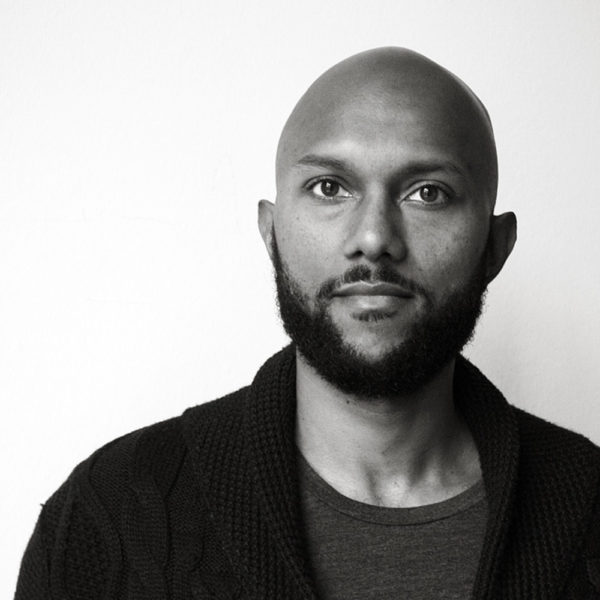 Eddie Bruce-JonesBirkbeck College School of Law, University of London, UK
Eddie Bruce-JonesBirkbeck College School of Law, University of London, UK -
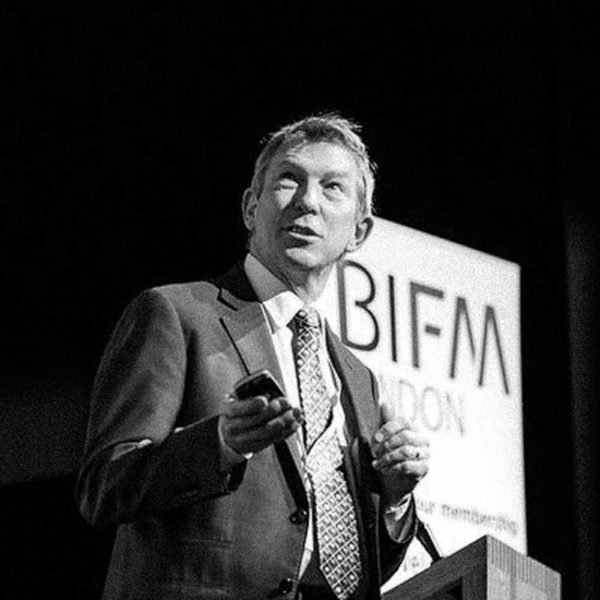 Peter McLennanUniversity College London (UCL), UK
Peter McLennanUniversity College London (UCL), UK -
 Anne BoddingtonUniversity of Brighton, UK
Anne BoddingtonUniversity of Brighton, UK -
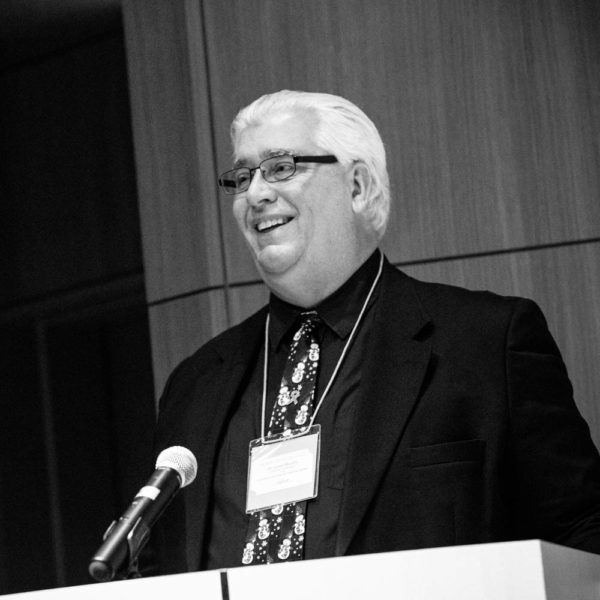 James W. McNallyUniversity of Michigan, USA & NACDA Program on Aging
James W. McNallyUniversity of Michigan, USA & NACDA Program on Aging -
 Chariklia TzirakiHebrew University, Israel
Chariklia TzirakiHebrew University, Israel -
 Evangelia ChrysikouUniversity College London, UK
Evangelia ChrysikouUniversity College London, UK -
 Joseph HaldaneThe International Academic Forum (IAFOR), Japan
Joseph HaldaneThe International Academic Forum (IAFOR), Japan
Review Committee
ECSS2017 Review Committee
- Dr Abiodun Oluwadare, National Open University of Nigeria, Nigeria
- Dr Halina Sendera Mohd. Yakin, University of Malaysia Sabah, Malaysia
- Dr Maria Faina Diola, University of the Philippines, Diliman, The Philippines
- Professor Mohd Rizal Mohd Yaakop, National University of Malaysia, Malaysia
- Dr Oluwakemi Akintan, Ekiti State University, Ado Ekiti, Nigeria
- Dr Veera Gupta, National University of Educational Planning and Administration, India
ECSEE2017 Review Committee
- Dr Davidson Egirani, Niger Delta University, Nigeria
- Dr Elżbieta Antczak, University of Lodz, Poland
- Dr Evelyn Lami Ashelo Allu, University of Jos, Plateau State, Nigeria
- Professor Jose Miguel Soares, ISEG–Lisbon School of Economics and Management, University of Lisbon, Portugal
- Dr Mohamad Awang, Universiti Malaysia Terengganu, Malaysia
- Dr Serdar Celik, Southern Illinois University Edwardsville, USA
IAFOR's peer review process, which involves both reciprocal review and the use of Review Committees, is overseen by conference Organising Committee members under the guidance of the Academic Governing Board. Review Committee members are established academics who hold PhDs or other terminal degrees in their fields and who have previous peer review experience.
If you would like to apply to serve on the ECSS2019 Review Committee, please visit our application page.
